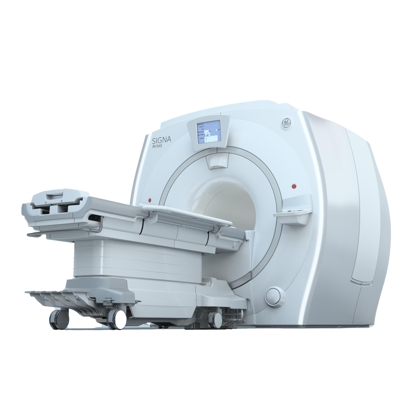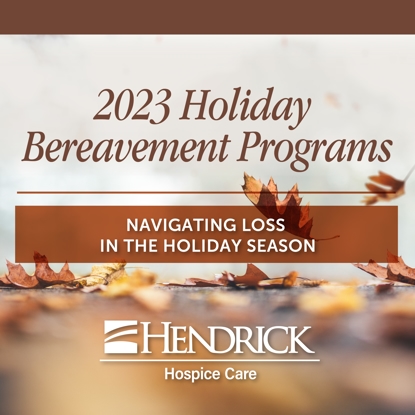Early detection for breast cancer saves lives
- Category: News, Diagnostic Imaging & Radiology, Women's Health
- Posted On:
Breast cancer is one of the most common cancers among American women, with one in eight women developing the disease in her lifetime. The American Cancer Society estimates approximately 266,120 new cases of invasive breast cancer will be diagnosed in women this year.
Because early detection is key in the fight against cancer, knowing risks and getting screened are the best ways to detect and prevent health issues in the early stages. Screening isn't possible for many kinds of cancer, but it is for breast cancer.
A woman’s age, family history, risk factors and symptoms will determine which screening tests a medical provider might order. Not all women will need every screening every year. Women should talk to their medical providers to find out what is appropriate for them. In general, women’s cancer screenings are categorized by age group, if no risk factors or family history exist.
Monthly breast self-exams are recommended for women of all ages. Women should develop breast self-awareness and know what is normal for their breasts. Through this awareness, even small changes can be noticed and reported to a healthcare provider immediately.
Beginning at age 25, a woman should have a clinical breast exam for breast cancer every one to three years, unless family history or risk factors have been identified. All women should talk with their doctor about their own personal risk factors before making a decision about when to start and how often to get a mammogram.
For breast cancer screening, healthcare providers might begin ordering mammograms for women at age 40. Women at high risk for breast cancer may be advised to begin breast cancer screening at a younger age, and have an MRI in addition to a mammogram. For some women with dense breast tissue, ultrasound may also be ordered as a screening method.
After the age of 60, women should talk with their physician to determine if mammograms are necessary to check for breast cancer. At age 75 or older, women should discuss future screening with their healthcare provider.
These recommendations are only to be used as a guide for individuals with no risk factors or prior abnormal screening test results.To learn more about cancer screenings and women’s health, visit careforalifetime.com.



